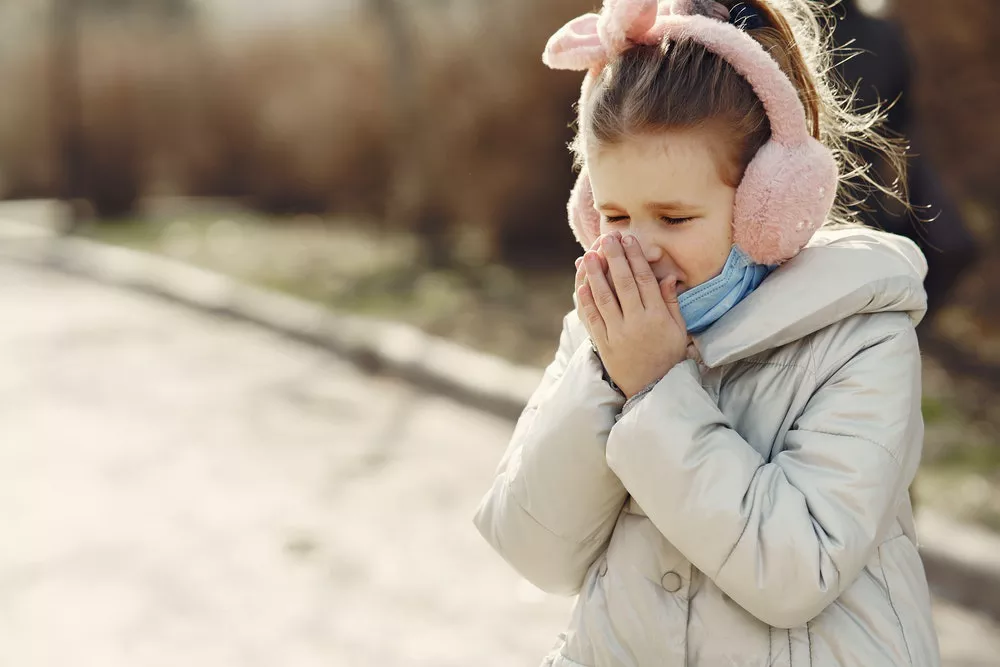First of all, let's be clear about one thing: Is medicine necessary to eliminate phlegm?
Absolutely not.
Phlegm is a secretion produced by the mucous membrane of the respiratory tract, which can adhere to dust and pathogens.
When the respiratory tract is irritated with pathogen infection, smoke and other gases, the respiratory tract mucosa is stimulated to produce secretions that adhere to dust, pathogens and necrotic cells - that is phlegm, which is expelled from the body by the swinging of respiratory tract cilia when coughing.
Therefore, the discharge of phlegm through coughing after infection is a self-protective mechanism of the human body, which does no damage. There is no need to eliminate it with medicine in mild cases.
Then, is the use of phlegm medication the best way to eliminate phlegm?
Neither is it.
Phlegm is produced by the irritants of infection, which means that the fundamental way to reduce the production of phlegm is to eliminate the irritants of the disease and control the infection, not just to dilute the phlegm by phlegmolytic drugs.
Finally, is it necessary to use phlegmolytic drugs?
The answer is also no.
There are many phlegmolytic drugs on the market today, and they are divided into 4 categories in terms of pharmacological mechanism: expectorants, mucolytics, phlegm excretion promoter and phlegm regulator. However, none of these agents has good clinical evidence to support their effectiveness.
Guaifenesin (expectorant) is the only FDA-approved OTC drug for upper respiratory tract infections and stabilization of sputum-related symptoms in chronic bronchitis, but subsequent clinical randomized controlled trial studies does not support this theory.
How should parents choose their medications?
If a child has a common viral infection, parents simply need to wait for the child's immune system to control the infection, and then phlegm production will gradually decrease.
If the child has pneumonia or sinusitis caused by a bacterial infection, he or she needs to seek medical help promptly.
If the cough and phlegm are caused by asthma, parents need to be aware of standard asthma treatment, which usually involves inhaled hormones and bronchodilators to control the cough.
Parents also need to understand that all medications that improve symptoms, including expectorants, do not cure the disease.




